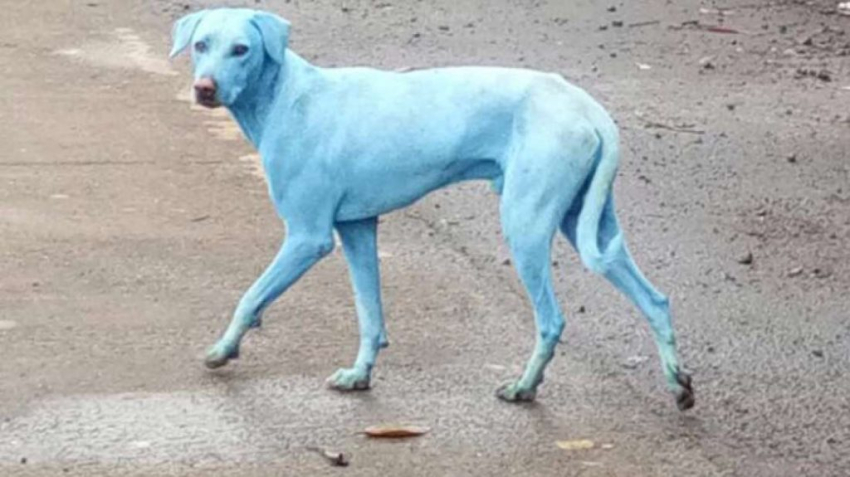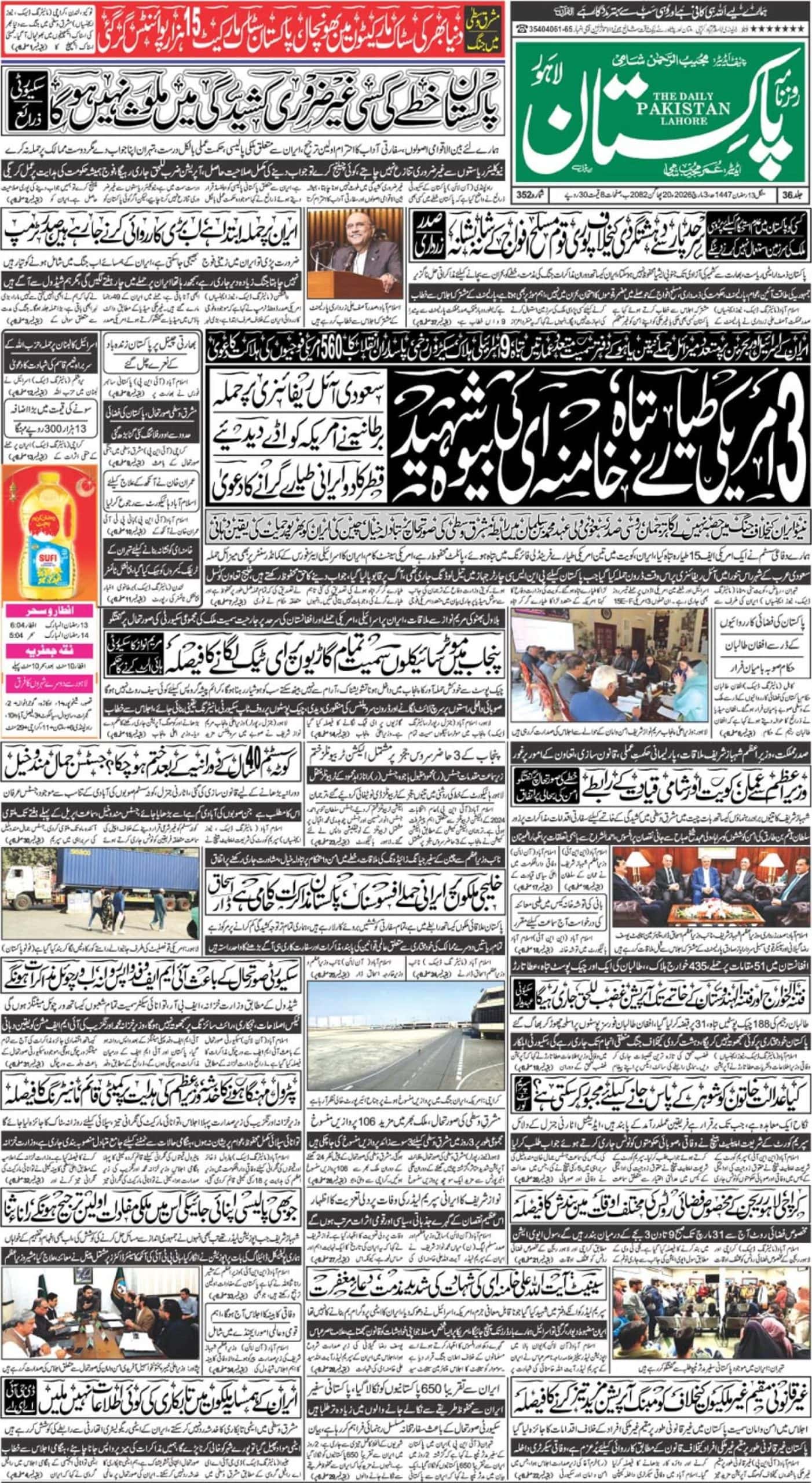MUMBAI – At least five stray dogs were recently spotted with bright blue fur after taking a dip in the highly polluted Mumbai’s Kasadi River, baffling the residents in the western Indian state of Maharashtra.
Several dogs captured on video in India have blue fur, which animal protection groups say is caused by an industrial dye illegally released into the waterway from the Taloja Industrial area, home to hundreds of pharmaceutical, food and engineering factories, One India said in a report.
#WATCH Mumbai: Pollutants from dye factory in Taloja industrial area turn stray dogs blue in colour overnight pic.twitter.com/15BoOSpxcL
— ANI (@ANI) August 16, 2017
Activists have now called for immediate action by the pollution control board.
After the discovery, the Navi Mumbai Animal Protection Cell filed a complaint with the Maharashtra Pollution Control Board.
MPCB responded by saying an investigation would be opened, as it is illegal to dump any dyes into the river.
Water in the Kasadi River has been deemed unsafe to drink. Pollution levels have been measured to be 13 times above safe limits for consumption.

“Allowing the discharge of dye into any water body is illegal,” an MPCB spokesperson told the Indian media. “We will take action against the polluters as they are destroying the environment. We have directed our sub-regional officer to investigate.”
Dogs are protected by law in India. This year, the government passed sweeping regulations that ended indiscriminate breeding and provided funding for necessities like food and shelter. In a country with a billion people and 30 million dogs, it’s a massive undertaking.
https://en.dailypakistan.com.pk/world/holy-fish-thousands-of-fish-die-due-to-suspected-poisoning-at-indian-temple-tank/
Dogs can provide an important source of companionship, but they also pose a threat as a vector for rabies, often transmit from bites.
According to Humane Society data, 60 percent of India’s dog population falls under the “community owned” status. In Mumbai, over half the city’s human residents are estimated to live on the streets or in slums, and dogs provide companionship while scavenging on trash or other human byproducts.
Last year, Mumbai was declared by the World Health Organisation (WHO) as the fifth most polluted megacity in the world in terms of PM 10 (coarse pollution particles) levels. The city is 39 on the list of most polluted in terms of PM 2.5 (fine, particulate matter) among 122 Indian cities monitored by the WHO. Navi Mumbai and Thane are 36th and 87th.














